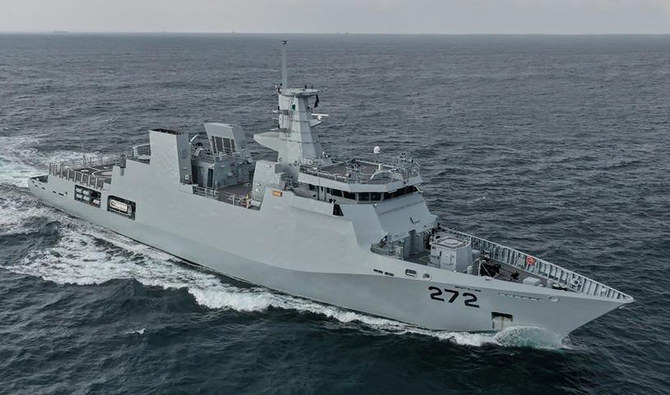ISLAMABAD: Islam places no restrictive conditions on girls’ education, and anyone opposing it is deviating from the global Muslim community, Sheikh Muhammad bin Abdul Kareem Al-Issa, Secretary General of the Muslim World League (MWL), said on Saturday at an international conference in Pakistan focusing on the issue.
Muslim communities have often faced criticism for not providing sufficient opportunities to women in fields like education, though many of their countries have made significant strides in promoting women’s participation across various fields.
The issue of girls’ education has drawn heightened attention recently, particularly after Afghanistan’s interim administration, led by the Taliban, imposed restrictions on girls’ education, including shutting down secondary schools and barring women from attending universities.
The two-day conference, co-hosted by Pakistan and the MWL, comes at a time when global leaders, organizations and activists have urged the Taliban to reverse their policies. The conference aims to address the issue by signing a consensus “Islamabad Declaration,” reaffirming that Islam does not prohibit women’s education in any way.
“Our Islamic faith has always celebrated the education of every Muslim, both male and female, because the message of Islam was to enlighten all, regardless of gender,” Al-Issa told participants. “Therefore, Muslim women in Islam had a significant and active presence in all spheres of life — in religious matters and in the sciences, politics, economics and societal affairs throughout history.”
The MWL chief said any reservations toward girls’ education must be understood as stemming from non-Islamic customs that have no basis in the Muslim faith.
“Those who deviate from this Islamic consensus are deviating from the ummah [community of believers],” he said, adding, “The Prophet Muhammad, Peace Be Upon Him, warned that whoever desires the best place in paradise must stick to the community.”
The global summit, which aims to find ways to advance girls’ education across the Muslim world, has brought together over 150 dignitaries from 44 Muslim and other friendly states, according to the foreign office of Pakistan.
Al-Issa noted all participants of the gathering unanimously agreed on the need for girls’ education.
“They are all here to say with one voice that Islam is innocent of depriving women of education in any field and at any level of education,” he added.
The MWL chief arrived in Pakistan a day earlier and held separate meetings with high-ranking officials, including Prime Minister Shehbaz Sharif, the keynote speaker at the conference’s inaugural session.
















